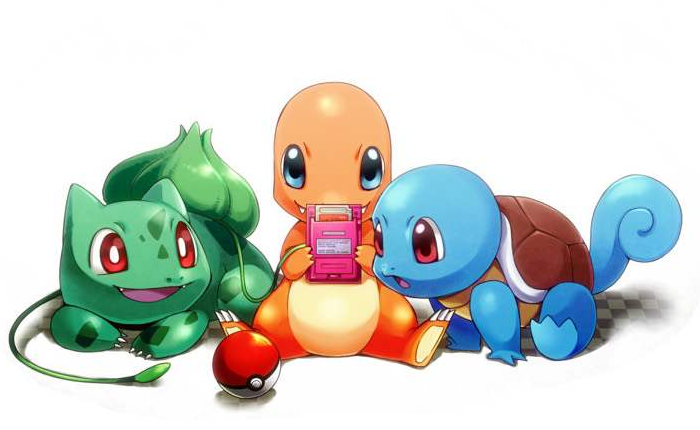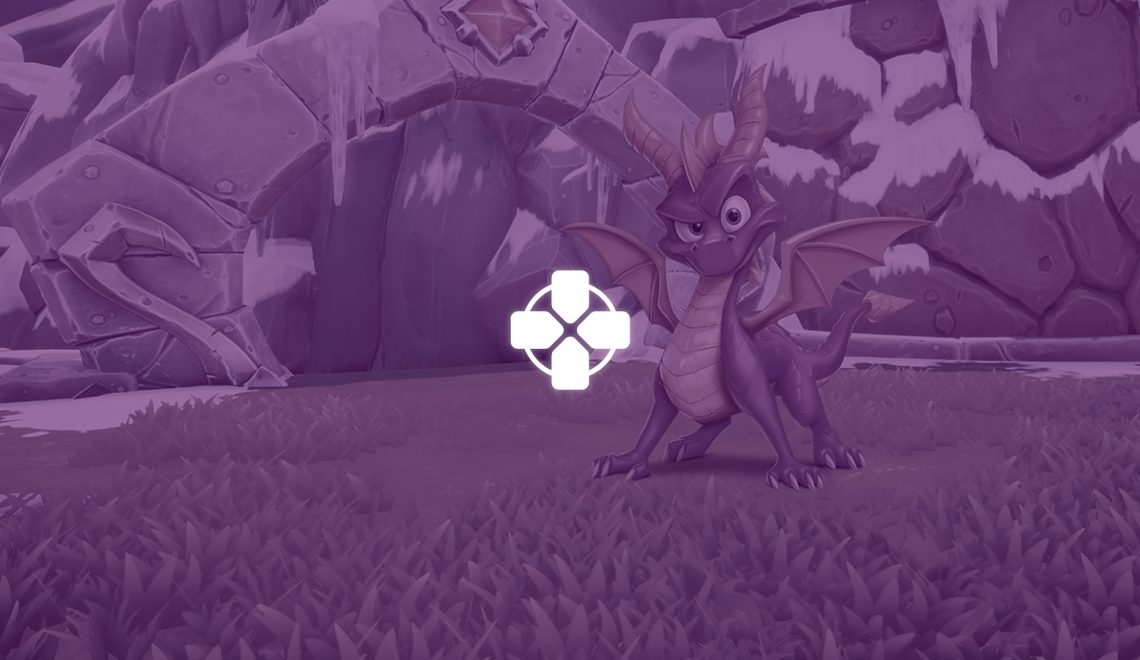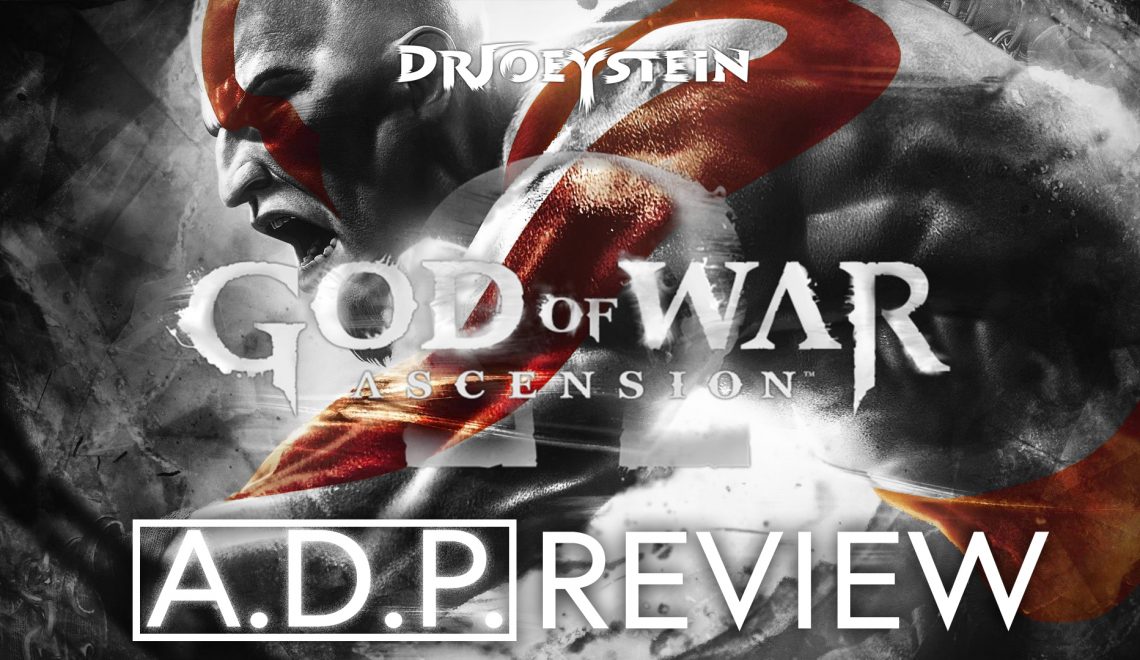This article was originally published on my Google Blogger website.

If you’ve played any of the Pokémon games, chances are that you probably didn’t like the rivals. Arrogant, rude, annoying, condescending…these are only a few polite words to describe the audacity and obtuse pretentiousness of the majority of them. This is especially true of Green/Blue/Gary (or whatever you would like to call him) from the first generation games. He matches and goes beyond my unflattering description of rivals above by constantly insulting you, always being one step ahead of you (literally up until the very end), and bragging about how god-like he is as often as he can. The way he trains his Pokémon isn’t that exemplary either. He rubs your face in the fact of how he only chooses Pokémon of varying types so he can always have the upper hand. It’s not about how they look or uniquely appeal to him, but if they are the most powerful and able Pokémon for battle. In other words, they aren’t his partners in a platonic relationship, if you will, where they all joyfully learn and grow alongside each other. It could be labeled as a kind of master and slave relationship. He cuts himself off from relating or connecting with his Pokémon, only seeing them as a means to an end. However, this doesn’t mean he has no decency when it comes to treating Pokémon with respect; he would likely stand up against Pokémon torture, experimentation, and so forth. But he would have to be strongly convinced to do this, which makes his respect on a low level. And how we think this is foolish of him to act this way.
And yet, even though everyone dislikes him, there are many players like him.
Now, this is quite a position to take. How could I lump some of my fellow gamers in with villainous rivals? Well, I need to clarify that I’m not saying that they exhibit the rivals’ personalities. What I’m really saying is that their playing styles for, attitudes toward, and methods used while playing the games are akin to the rivals’ ways of training. This fairly solid conjecture comes from my observations of Pokémon fans over several years, ranging from reading online discussion boards to watching YouTube videos. People ascribe to different philosophies that affect their decisions in life, and I’ve come to see that this is also true for how and why people play Pokémon. And from these differences, I’ve narrowed all of them down to four, main categories.
I decided to name these categories or “philosophies” after the first generation games Yellow, Red, Green, and Blue, and they will be listed in that order too. I also must clarify that I’m not trying to project bias for or disapproval of any of the philosophies I have here. I’m aiming to objectively define them because at the end of the day, Pokémon is just a game. What truly matters is that everyone is playing the way they want to and having fun doing so, which is what makes Pokémon so incredible: no one has to play it in a certain way to have more fun than someone else.
One category below is what many people would probably describe as carefree and innocent, but another one is quite shocking in its darker and more serious nature. As I already implied, neither one is “better” than the other. Besides, I don’t have the right to make that judgment because – from writing this article – I discovered that some of the darker philosophies I’m alluding to are visible in my playing style! I’m sort of a mixed bag, so this is quite the interesting topic for me to approach.
Without further ado, please enjoy what I call the Pokémon Philosophy Spectrum.
Yellow
The thrill of adventure. The excitement of exploration. The vast freedom and choice. These are but a few of the things that nearly everyone experiences with Pokémon. How is one to react to these things when playing one of the games for the first time? Well, most players just start out with no particular goals or strategies and see what happens; it’s a wild adventure that welcomes constant wonder and curiosity. Therefore, it’s normal to do things like capture Pokémon who look the “coolest” or “cutest.” Punch the stats! Instead of having six Pokémon of different types, why not have three Water types or even multiple Pokémon of the same species? Maybe it’s not good enough to only have one Pikachu or Metagross! Perhaps a certain evolution of a Pokémon is just right. If that’s the case, preventing it from evolving will keep it in the same adorable/awesome state it’s in.
Other people may say that moves like Screech, Water Gun, and Tackle are inferior to better ones, but who cares? Moves such as these might be special for sentimental reasons or kept to challenge one’s self. Not only that, but it’s also common to have a sense of morality in how one should treat Pokémon by not, for example, having an “HM slave” (A Pokémon only assigned with the moves needed to progress through the game like Cut, Strength, etc.). After all, each one is one-of-a-kind, and they should be cared for as such.
Makes perfect sense, and if you are nodding your head and smiling at the points I’ve made, you can count yourself under the Yellow philosophy.
I’m reminded of Ash from the Pokémon TV show when I think of this category. No, the majority of fans don’t think fondly of Ash, but his unintentional stupidity and goofiness are beside the point. What’s important to note is how he goes about training his Pokémon. He isn’t concerned with evolving them completely, what moves they know, or if they win or not. It’s the companionship, love, laughter, and lessons learned along the way that matter, and that’s what the Yellow philosophy is all about.
In Issue #4 of Nintendo Force (which was Pokémon themed), the editor-in-chief, Lucas M. Thomas, brought up something that perfectly sees this philosophy in action. When his brother played Pokémon Red, he chose a Charmander and simply named it “Char.” However, that’s not all. He kept Scratch – an exceptionally bad move – in Char’s moveset, even after he reached level 100. His brother also used him and him alone to take out the entire Elite Four and Champion by using nothing but – wait for it – Scratch!
That’s quite the remarkable feat. Although it would surely not work in real competitions, the novelty of this peculiar strategy was enough for him and Lucas to begin a tradition by doing this with the fire starter in every Pokémon game since then. So, it’s not primarily about being the very best. It’s about the unique experiences and fun had along the way – even if irrational or silly from a serious perspective – that defines the Yellow philosophy.
Red
Aptly named after the protagonist of the first generation games, the Red philosophy is regarded as the gold standard for how to play Pokémon. It applies many of the cheery, affectionate attitudes associated with Yellow, but when it comes to training, it’s noticeably more disciplined and serious. There’s certainly room for personal touches to Pokémon (whether advantageous, neutral, or detrimental to winning battles), but having a team that’s fairly diversified in types, equipped with effective movesets, and fully evolved is just as important in an individual’s playing style. It’s the perfect blend of making a unique mark while adhering to some established ways of professional training.
As I aforementioned, this philosophy is named after Red, who has recently been deeply realized as a character in the new “Pokémon: The Origin” miniseries. His honor, dignity, and love for Pokémon carry him onward on an unstoppable path toward victory. However, despite the fact he passionately and constantly trains them with becoming “the very best” in mind, his foremost objective is to bond with his Pokémon in a way that gives him a surreal advantage over opponents when he should be at a logical disadvantage. He strives to care for and treat every Pokémon with genuine concern, which is an altruistic outlook respected by many people. And for those Pokémon that he raises himself, he wants them to live up to their fullest potential and strives to achieve that in an ethical manner.
I like to imagine myself as being like Red in some respects. I like to enjoy the Pokémon experience in a slightly carefree matter while doing some serious training too. I also have some weird moral obligations to not do certain things in the games. As an example, I don’t like to breed Pokémon with Ditto if I don’t have to. Its kind of…well, gross when I think about it and normally (in my opinion) is the “easy way out” to accomplish breeding, but there’s nothing wrong with other people doing it. It just makes me feel bad, and this is especially true when I’ve searched for a specific nature and moveset for a Pokémon by hatching dozens of eggs. I ignore the rest, release them, and keep the only one that’s the best. I confess to doing this recently, but what else do you do?
I know it’s certainly something Red wouldn’t do, so I can’t say I’m entirely under this philosophy (and maybe you too). Like I’ve said, it’s only a game, but morality is still a big part of how playing styles are formed. It’s why the philosophies will take a more drastic turn from here on out.
Green
If you want to be “the very best, like no one ever was,” that can’t be realistically achieved in a game if you treat – to be brutally honest – data as living beings. Pokémon are malleable and subject to many kinds of intense training, so there has to be some regimented strategies and methods used to reach a status of great power. There must also be sacrifices in treatment when it comes to doing this, and these sacrifices consist of the fairly questionable Green philosophy, which receives its name from the rival of the first generation games. However, although his personality is pretty bad, he’s not as terrible as a trainer as everyone makes him out to be.
Green is a slightly Machiavellian guy we all love to hate. Like I’ve already said, I believe he epitomizes the concept of the rival. He serves as a fantastic motivator for the player to train hard and, for the most part, become more personally attached to his/her Pokémon than him. So if it’s not the personality, what is it about Green that I’m referring to for this philosophy? It’s his conduct toward battling with and leveling up his Pokémon that operates as an analogy to how players train their Pokémon.
What I mean by this is that the competition, battles, stats, and triumph over others take precedence over any kind of carefree and “ethical” playing styles. If one needs to have a Pokémon that acts as a scapegoat in battle while healing others with potions on turns, let it be (especially if it has the Selfdestruct move). If forcing a Pokémon to breed with some other one dozens of times until an egg with the right nature and moves is acquired, so be it. If feeding Pokémon herbal medicine (which decreases friendliness in-game) is cheaper than potions, then by all means, just do it.
These are actions taken that might perturb some players, but people under this philosophy are ambivalent to them. It’s not like they’re laughing or smiling while doing these things; even Green doesn’t do that from what I’ve seen. He has a basic, fairly neutral respect for Pokémon, but will resort to questionable methods and forms of training to improve them to his advantage. Although, if I’m being honest, he did beat the Elite Four to become the champion by doing this, proving to be a masterful opponent against Red as well. From this, there’s no doubting he trains his Pokémon well, albeit in a different manner.
This is the Green philosophy, and it’s what a lot of people resort to when playing Pokémon even if they don’t realize or want to believe it, including myself to an extent. However, I haven’t reached the end yet. There’s one more category to cover, and although it isn’t as common, there are players that subscribe to it as a playing style.
Blue
I think multiple kinds of trainers can fall under here. They resort to the same techniques and views of the previous philosophy, but it goes a step further by instigating a purely liberal stance on Pokémon training. In other words, there are no limits as to where anyone can or should go with it. Why should someone be obligated to follow some sort of moral code with a game? Your Pokémon are your Pokémon, and you should be able to do whatever you want with them as their master. Whether laughing after giving your Pokémon a possibly offensive name, not caring at the fact that the two Pokémon you put in the daycare hate each other (resulting in funny art like this), or instigating natural selection among Pokémon to its full extent by rejecting every one not worthy of things like EV training or for other reasons, you most likely belong to the Blue philosophy. There’s even a move in the game called Frustration that increases in power the more a Pokémon hates its trainer. Are there people that use this move? I’m sure there are, and that alone is a fitting indicator of someone under this too.
Examples of this in action can be seen from Giovanni and the multitudes of evil organizations in the games, which all have a common goal to rule over or use Pokémon from some sort of anthropocentric outlook on life. Whether it is for greed, power, control, or sadism, they are the sorts of classic antagonists seen in any good story. And Giovanni, one of the most popular villains, specifically proclaims that Pokémon are tools for the purpose of benefitting a singular person’s wealth, business, power, etc. And when it comes to how some players talk about certain Pokémon, treat them in-game, or use them for personal goals, I don’t believe they’re far off from what Giovanni believes.
This philosophy is truly a blue one to think about, especially when you and I realize that we’ve probably done some actions under this banner that would have disastrous and depressing ramifications in real-life. A grave and perhaps ridiculously strong thing to say…but am I wrong?
It’s shocking, really. Not many people would assume this is a fairly common philosophy for players to adopt when playing Pokémon, but from discussions and comments on online forums, Facebook posts, and YouTube videos, it’s surprisingly easy to find people that adhere to the Blue philosophy either unwittingly or seriously.
It would border on not having fun or enjoyment to people under the Yellow, Red, or even Green philosophies, but that’s normally not the case. However, this is what makes all of these playing styles so fascinating. They’re quite different from one another, but fun is the central, common goal uniting everyone.
Pokémon is a wonderful, innocent, and even magical game to play. It’s the embodiment of a child’s dream to break the bonds of supervision and restrictions to take on the world with unrestrained freedom. Not alone, but also with a group of fascinating creatures that grow and learn alongside you from start to finish. It’s an experience everyone can enjoy where emotional connections are normally formed with nothing but data…and that doesn’t make a difference in the slightest bit.
Whether you enjoy Pokémon for the purpose of unadulterated bliss, mixing fun and standard training as a balanced trainer, having a heavier focus on being the very best with a basic love for Pokémon, or grinding to make your Pokémon the definitions of perfection (no matter how this is accomplished or for what motive), there’s no doubt that this franchise attracts a diverse fanbase with differing values, personalities, tastes, and playing styles. Young or old, shy or outgoing, male or female, Pokémon unites players to catch ’em all.
Thanks for reading! I normally don’t delve into serious topics when it comes to video games (especially ones that are targeted toward children), but I felt this was extremely intriguing to address. The philosophical and moral strands woven throughout the Pokémon universe are surprisingly complex and open to interpretation, which make the issues, cultures, and history in its world quite interesting to crack into. So, as for questions…
What philosophy best matches your playing style in the Pokémon games? One? A mix of two? None of them? The list I’ve composed was quite the experiment for me, and it isn’t free of errors or logical inconsistencies, so I’d love to hear what you think about what I’ve said and implied about the franchise’s world. Am I looking at something the wrong way, or did I open your eyes to something you hadn’t thought of before? And although this is unrelated, did you purchase Pokémon X and/or Y? Why? Sound out in the comments below!
As for me, I’m headed back to the Kalos region for my fall break with Pokémon Y. I’m immensely impressed with the game so far and can’t wait to get around to reviewing it. Until next time, catch on, my fellow trainers!



